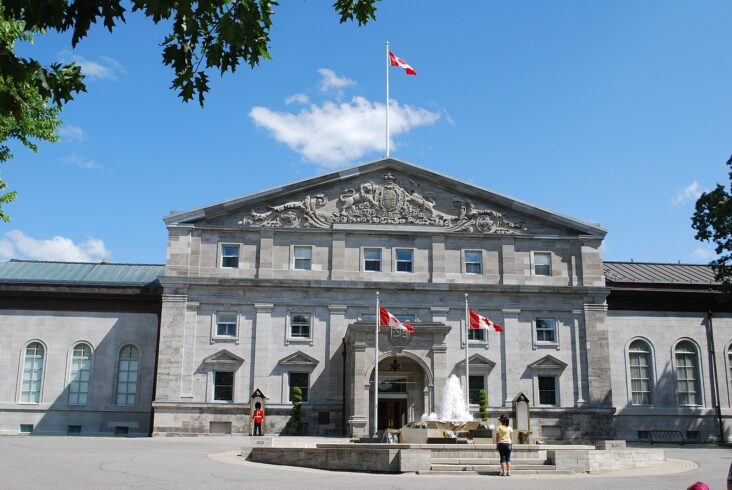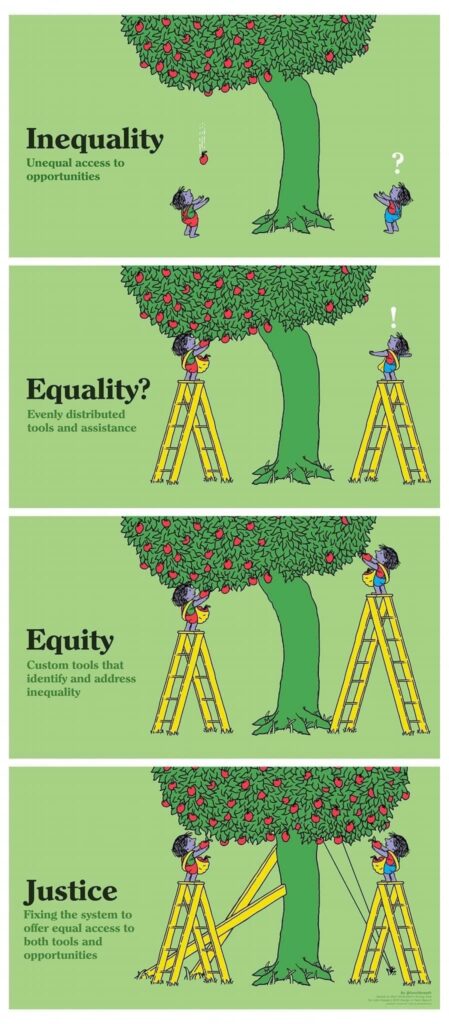It is about time, sort of …

Currently there is a bit of an uproar (maybe more like a meow) over the fact that Canada’s new Governor General doesn’t speak French [1]. In fact, only about 18% of Canada’s overall population are self-claimed bilingual [2] in English and French with 75% of the population being predominately English as of 2016 (2021 census data isn’t out yet).Â
Claiming to be bilingual however is a long way from meeting a minimum CBC qualification [3] in language training necessary in order to progress to federal civil service positions beyond the Director level.Â
Herein is the essential problem. In Canada we want the best and brightest to help run the government, but we are effectively shutting out 82% of all Canadians from contributing to our public service on the basis of one language – French.
That is wrong. Intelligence and effectiveness have nothing to do with how many languages you speak. I would be fine if the recent announcement of The Right Honourable Mary Simon as Governor General had indicated that she was unilingual in Inuktitut. Leadership roles should be based on merit, on a person’s ability to transform cultures, on their ability to inspire others, on their effectiveness in getting the best out of the people that work with them. It shouldn’t be based on language as a firewall against the majority of your population being able to participate in leadership opportunities irrespective of race, creed, colour, religion, sex, or any other bias that happens to be festering under the radar at the time.
Instead, the political norm has been a ‘top of list’ requirement to be CBC compliant in French and English. That means 82% of Canadians can’t aspire to being Prime Minister or serve in any meaningful leadership roles in government. So like what, the rest of us don’t matter if we have a head for strategy, business, finance, economics, art, and philosophy but can’t wrap our heads around how to speak more than one language?
While I get the fact that Canada as a federation of unique societies is fragile, it shouldn’t be that fragile that it can’t withstand the occasional promotion of someone to any role of significance that doesn’t speak both of Canada’s two official languages fluently. This has been a barrier to both English and French speakers for far too long and its about time someone, albeit for the wrong reasons, finally “challenges the convention that the position of governor general be filled by a person who can, from day one, express themselves in both official languages of this country”. Â
I say for the wrong reason as this move by the Prime Minister is clearly a symbolic act in an attempt at partial reconciliation for past horrific injustices to our Indigenous peoples [4]. It was not for the purposes of helping to tearing down systemic inequities based on language and cultural. (Not that it is also not a sad state of affairs when a quick google search on ‘Canadian residential school deaths’ turns up more hits by foreign press than it does for Canadian press).
Maybe, this will become an opportunity to reform Canada’s equity justice issues during Simon’s tenure. I really hope it does. It is not going to be easy and it is not going to come quickly, but it needs to start from somewhere that isn’t a knee-jerk reaction to a populist, social media driven, cancel-culture agenda. The decisions that led to this point have all the appearance of being for political expediency rather than sustainable social change. Which is unfortunate.
For example, the fact that the Fédération des communautés francophones et acadienne du Canada (FCFA), whose Government of Canada supported website isn’t itself bilingual, felt that, on a day that should have been about celebrating equity and diversity, it was more important to use the opportunity to bitch about the fact that someone not in the 18% minority is getting a turn at the wheel for a change ?!? WTF.Â
At some point the wheel needs to turn away from this concept of justice as a form of balancing social equality and focus more on justice as a form of balancing social equity. This is our only path forward if we ever hope to evolve. And it needs to happen all the time, not just when it is to politically manuveur for brownie points with an outraged public that was willing to turn a blind eye to an ongoing injustice that has been in practice for close to 200 years [5].
Unfortuantely it still seems like a lot of people would rather just cut down the Giving Tree rather than focusing on trying to mitigate, or eliminate, cultural inequity if it doesn’t benefit themselves to the exclusion of everyone else in the name of equality. Its better than where we were, but as a society, as a culture, as a federation, we still have a very long way to go before we can claim any semblance of equity and justice for all.
 created by @lunchbreath based on Shel Silverstein’s The Giving Tree for John Maeda’s 2019 Design In Tech Report
created by @lunchbreath based on Shel Silverstein’s The Giving Tree for John Maeda’s 2019 Design In Tech Report
— KevinÂ